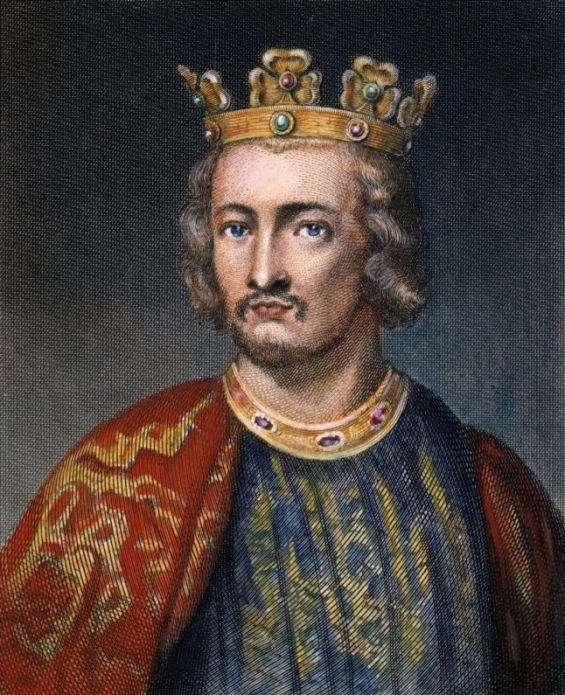2024 marks the 811th anniversary of diplomatic contacts between Morocco and Britain. In 1213, King John of England dispatched the first diplomatic embassy to Morocco.
The mission is considered England's first embassy to the country, marking the beginning of diplomatic ties with the North African Kingdom. A few hundred years later, Morocco and the UK signed their first treaty, the Anglo-Moroccan treaty of 1721 for the movement of people and goods.
But the start was not smooth sailing. King John's embassy to the Almohad dynasty sultan Mohamed Ennassir was initially a distress call. King John hoped he could secure the Almohads' support in his struggle against his enemies.
In fact, England's barons vowed to remove King John from the throne, for failing to honor his agreement with them. They offered the throne instead to the son of the French king in exchange for supporting their rebellion.
The embassy of King John to the Almohad Sultan is recorded in the chronicles of Matthew Paris, a member of the English Benedictine community of St Albans and long-celebrated historian. In volume II of his Chronica Majora, Paris mentions the embassy, with an intriguing story.
Subjugating England to Morocco
According to British orientalist Edward Denison Ross, the king, in despair, even offered to convert to Islam in exchange for support from the Almohads, who controlled Spain at the time. Quoting Chronica Majora, he explains that King John sent «most secret envoys with all haste», Thomas of Herdington, Radulfus, son of Nicholas esquire and Robert of London, a cleric.
The three men announced to the Moroccan sultan, Amir al-muminin, that King John «was fully prepared to hand over himself and his Kingdom and to hold the same from him, if it pleased [Sultan Mohamed Ennassir] would become his tributary».
Moreover, the story claims that King John «would not merely relinquish the Christian faith, which he considered vain, but would adhere faithfully to the law of Mohammed».
The English embassy was granted an audience with the Sultan, and King John's letter to Amir al-muminin was translated, capturing his attention. However, the unusual offer was never accepted by Sultan Ennassir. He even lectured King John's ambassadors on «the shamefulness of religious conversion».
Paris claims that he overheard the story of the mission himself when attending Robert of London, one of the envoys sent to the Moroccan court, who was rewarded by King John for his diplomatic role.
Lost in translation ?
The story of the English embassy to the Almohads has been discredited since the Victorian era by British historians. They argue that King John's offer is rather fictitious and unbelievable.
Although some of them recognize the English embassy to Morocco, they believe that it was a simple offer for support in the face of King John's enemies, dismissing details on renouncing Christianity and ceding England to Almohads.
«Taking into account Paris' well-known animus against John and his awareness of earlier treaties between Christian monarchs and the Almohads», Paris' account is «suggestive of an authentic diplomatic mission that aimed at a 'fairly standard offer of a defensive alliance' between John and al-Nāsir as part of John's grand campaign to confront Philip Augustus», explained medieval Mediterranean historian Joel Pattison.
Quoting historian Ilan Shoval's King John's Delegation to the Almohad Court (1212), Pattison further explains that «John never intended to submit England itself to Almohad authority, but was thinking of his fiefs in Gascony and Aquitaine, whose revenues, Shoval suggests, he may have proposed to make available to the Almohads in the same way that the Almohads had done for their ally Sancho VII of Navarre (1194–1234) a decade earlier».
Although it did not lead to a deal between the Almohads and King John, the English embassy story remains one of the earliest diplomatic missions and mentions of Morocco-England relations.





 chargement...
chargement...













